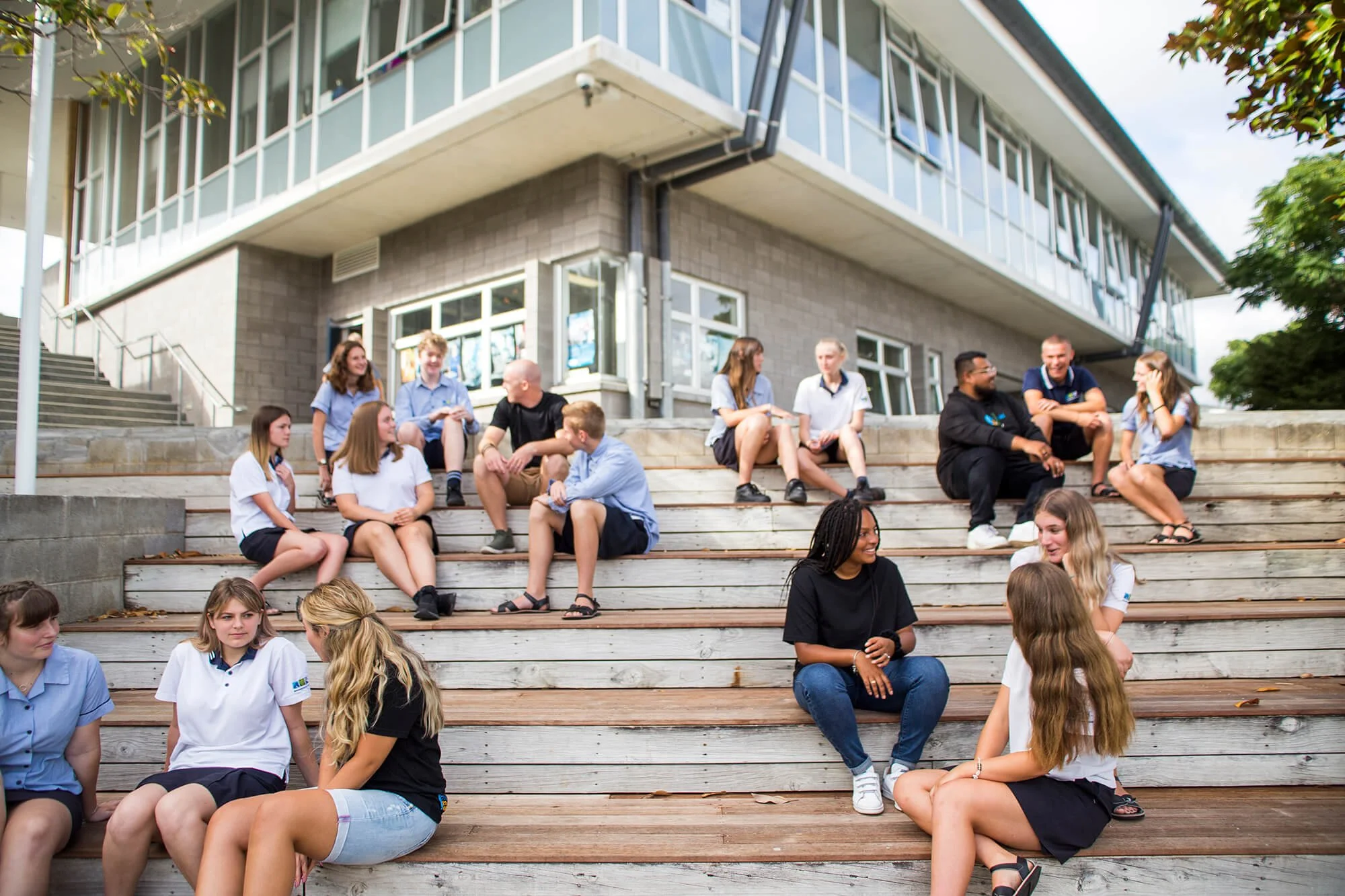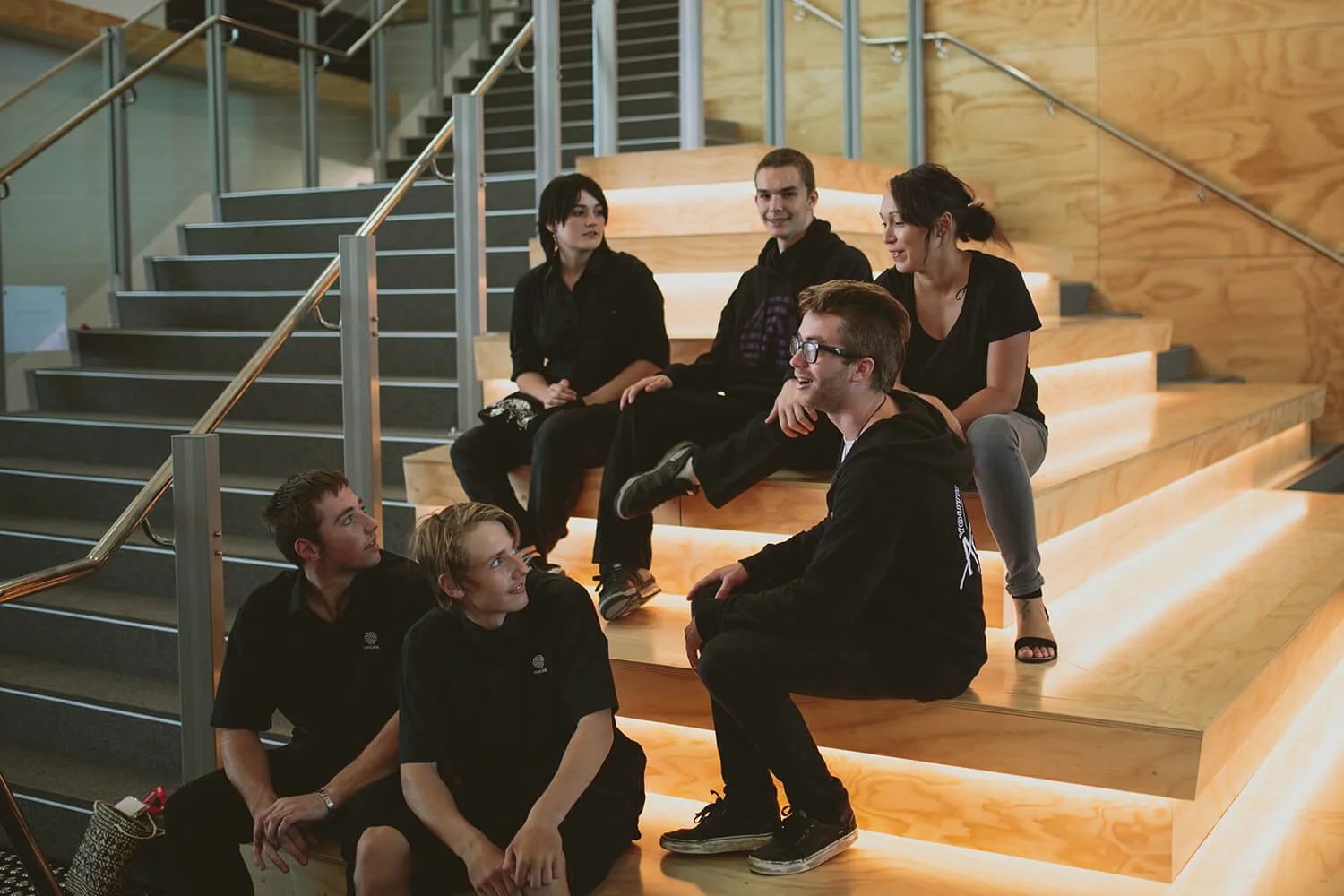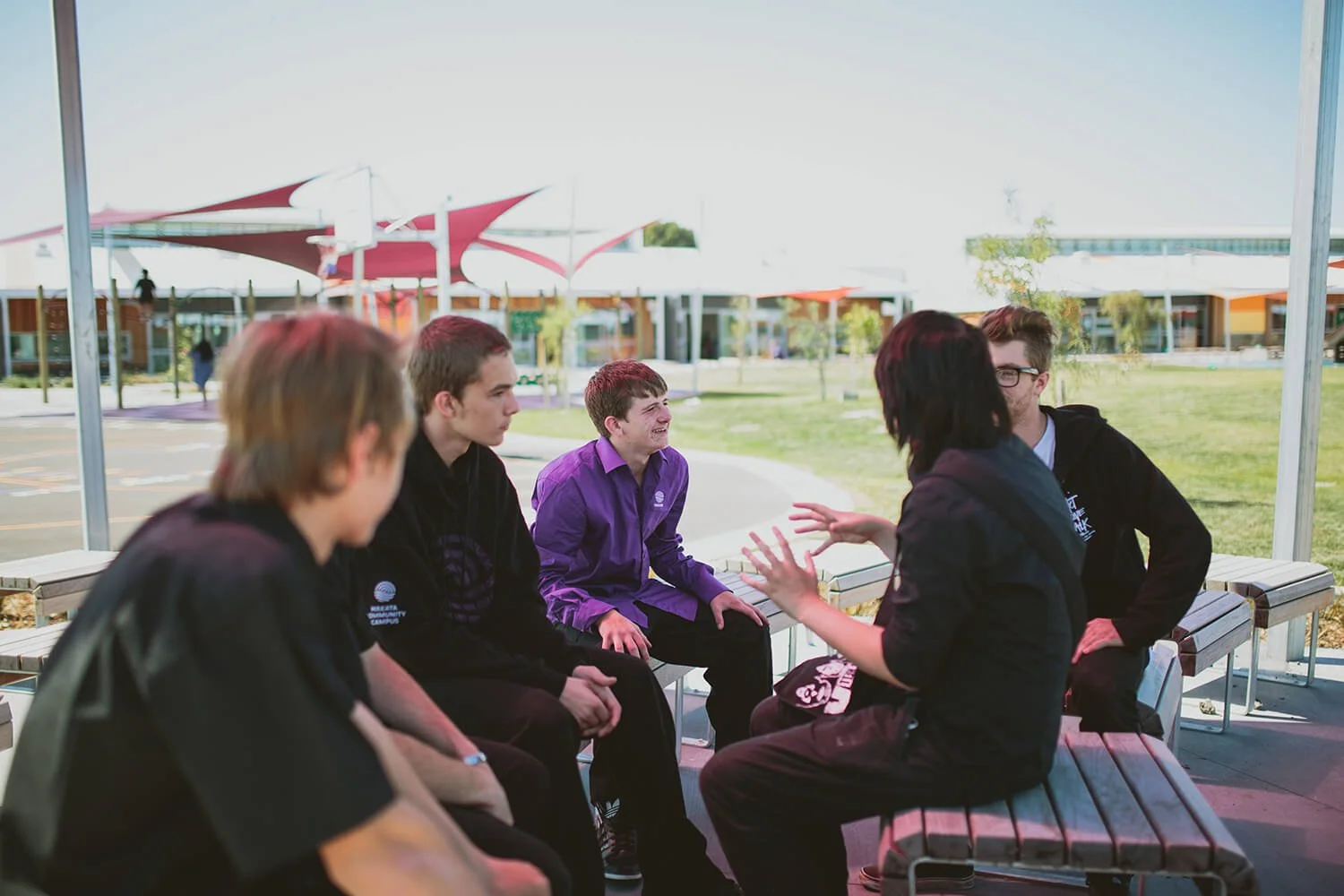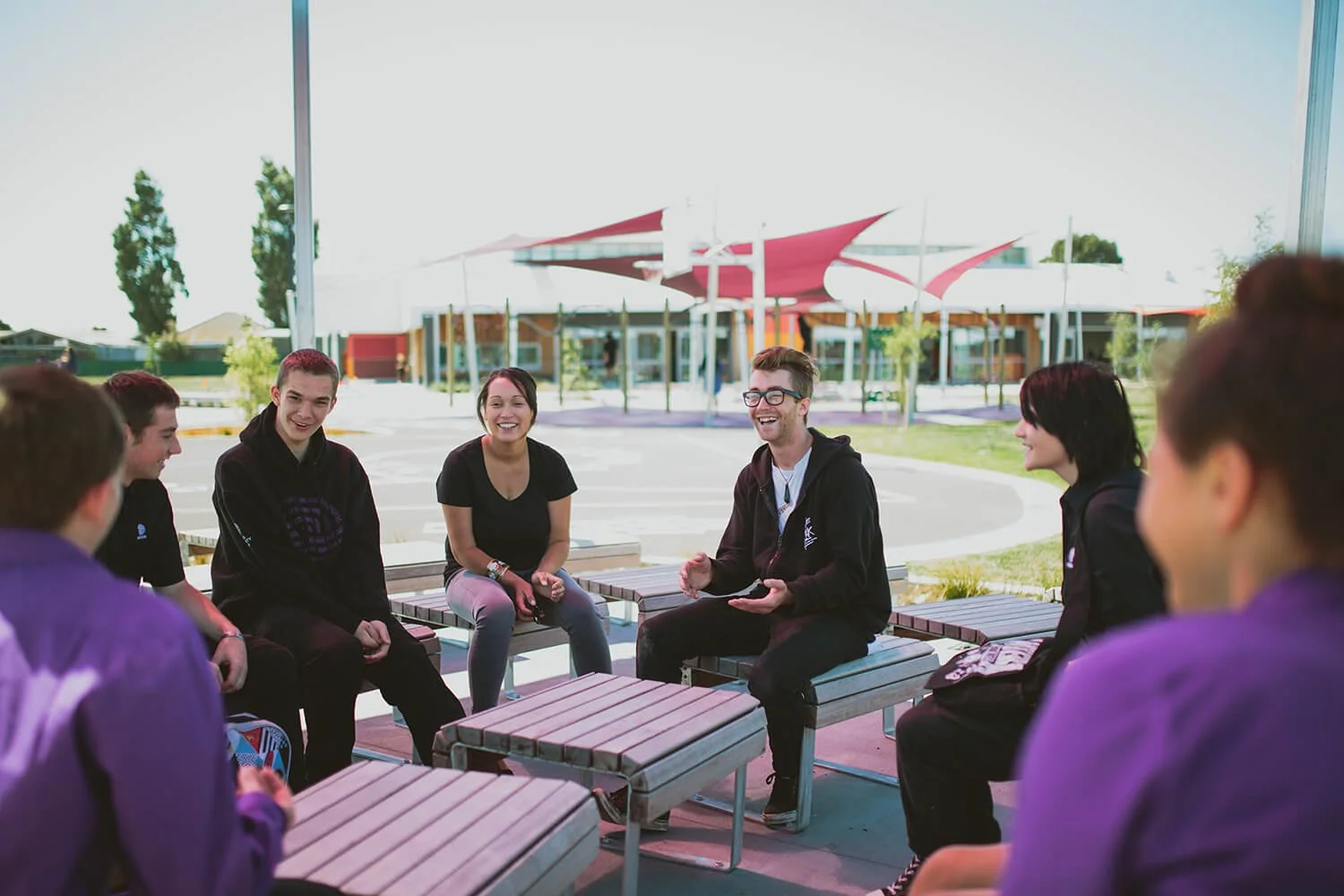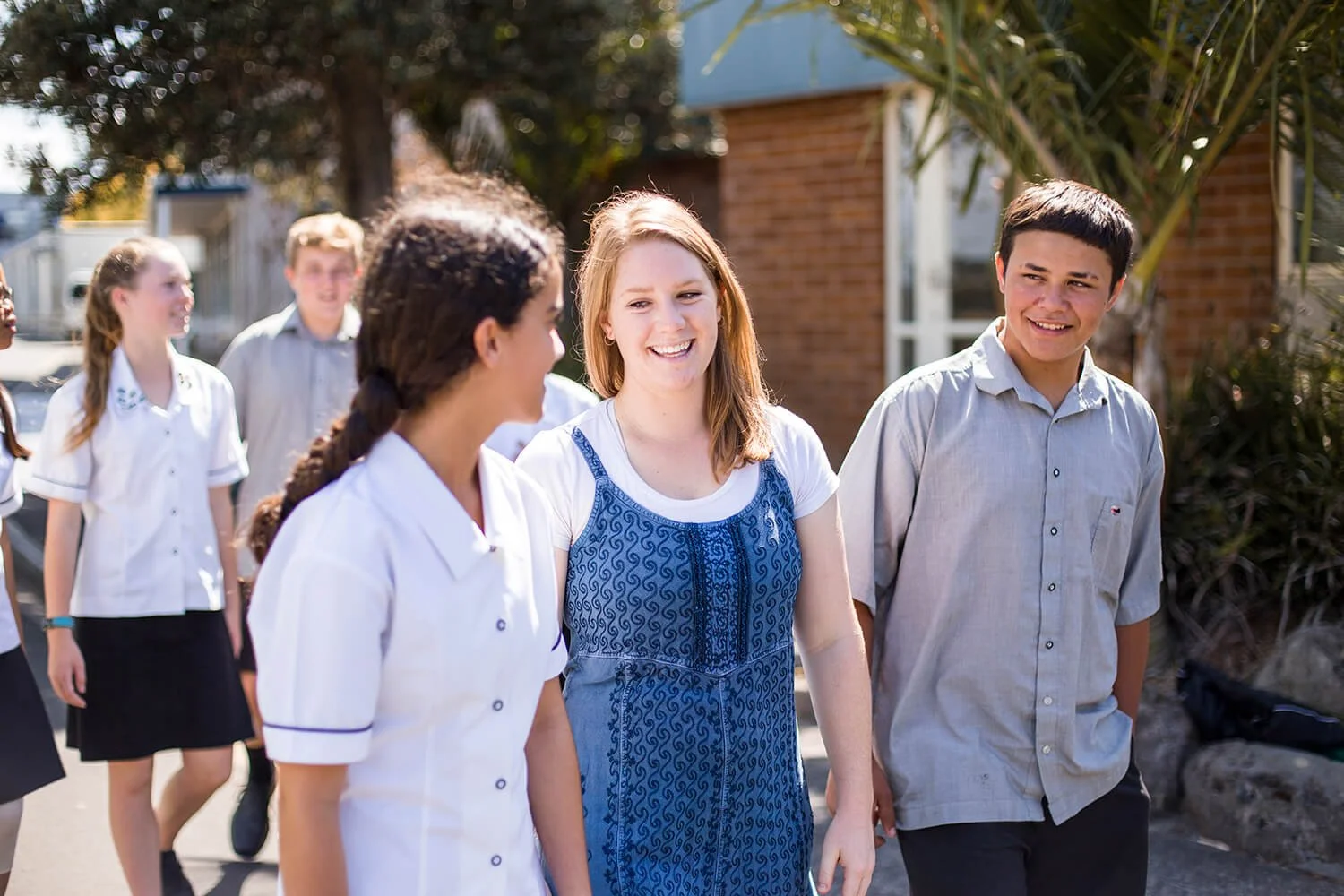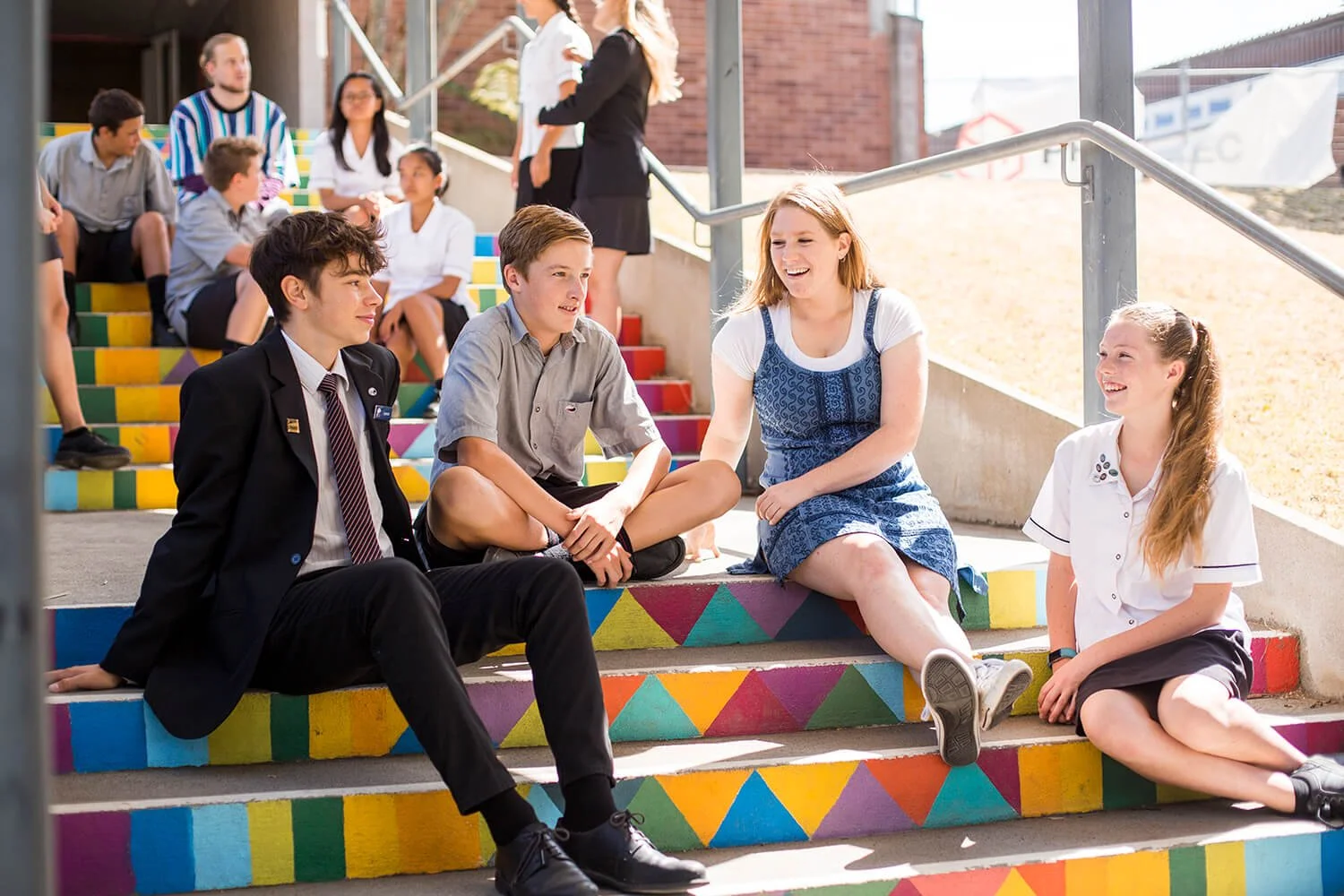
Seeing young people thrive
Youth workers from local churches for local schools
I’m looking for information related to:
Change this selection at any time by clicking
in the site navigation
Seeing young people thrive is essentially why 24-7 YouthWork (24-7YW) exists.
We believe the old adage: it takes a village to raise a child. In light of this, 24-7YW facilitates the connection between a local school and a local church to provide trained youth workers to work within a school.
Schools today have to meet not only educational needs but social and emotional needs too.
We connect you with a local church to provide trained youth workers to walk alongside students, bridging the gap to help young people thrive.
At 24-7 YouthWork (24-7YW) we know that you want your school to be a safe and positive environment where young people can thrive.
In order to do that, your students need people who are willing to walk alongside them as they face life’s challenges.
The problem is many young people don’t have enough trustworthy adults in their lives which makes you feel under-resourced and overwhelmed. We believe this isn’t just a school issue – it’s a community issue too.
We understand. We care about young people too. For the past 20 plus years, 24-7YW has connected schools and churches to provide youth workers and resource students.
Frequently Asked Questions
Here’s how we do it: we connect you with a local church to source and train a youth worker and then provide ongoing support. So, check out our frequently asked questions and then contact us to chat further.
You'll find us...
Keen to know more?
Get in touch with your local Regional Coordinator and discuss what 24-7YW would look like in your area.
24-7 YouthWork is an established and effective approach.
Here’s how we do it: we help you connect with a local school, train your youth workers and then provide ongoing support. So, contact us and become a part of a Network helping young people thrive.
Frequently Asked Questions
What to know more? Check out our frequently asked questions and then contact us to chat further.
You'll find us...
Over 100 churches (nine denominations) working together to supply 169 youth workers to 75 local schools and growing!
Churches care about their local communities but sometimes doubt their ability to make meaningful relationships.
We connect you with a local school to provide trained youth workers to walk alongside students, bridging the gap to help young people thrive.
At 24-7 YouthWork (24-7YW) we know that you want your church to be a safe and positive environment where young people can thrive. In order to do that, young people need trustworthy adults who are willing to walk alongside them as they face life’s challenges.
Most likely, your church has people of great character who would be excellent role models. The problem is you aren’t sure how to make the connection with your local school which makes you feel ineffective. We believe this isn’t just a church issue – it’s a community issue too.
We understand. We are concerned for young people too. For the past 25 years, 24-7YW has connected schools and churches to provide youth workers and resource students.
Keen to know more?
Get in touch with your local Regional Coordinator and discuss what 24-7YW would look like in your area.


